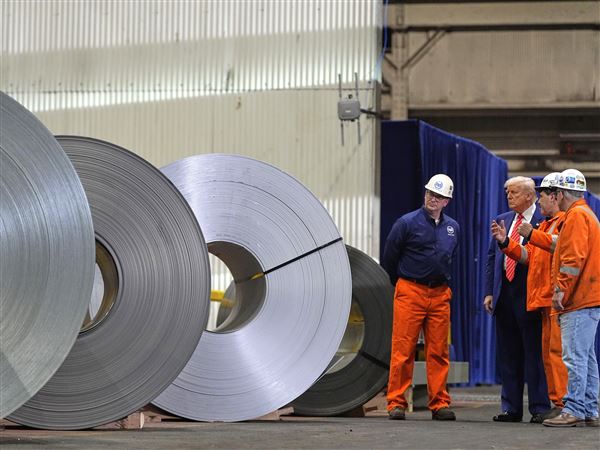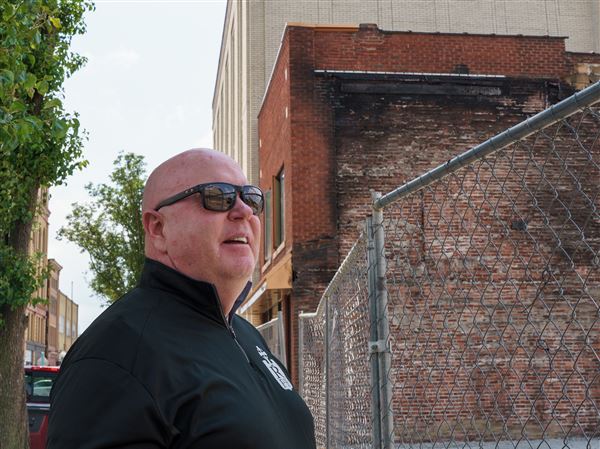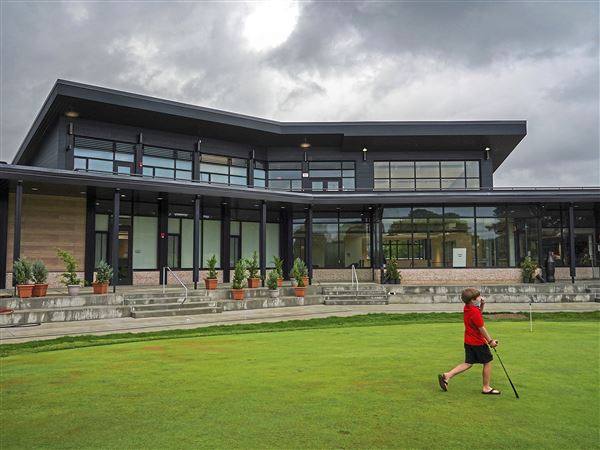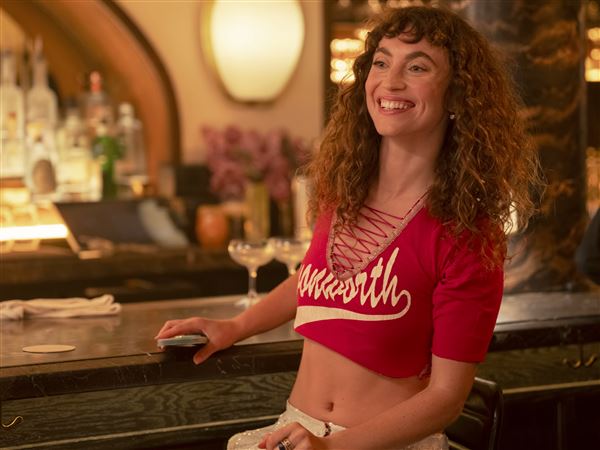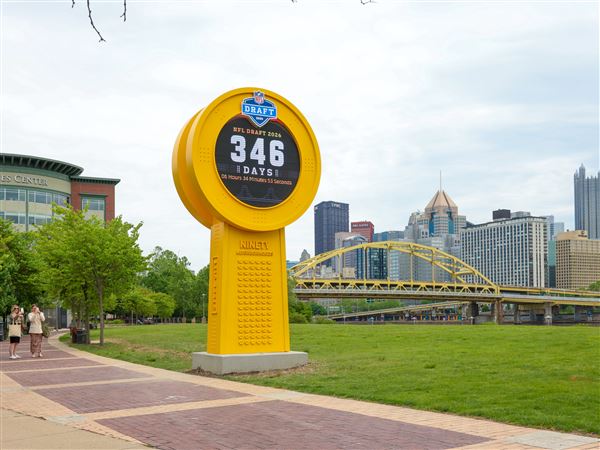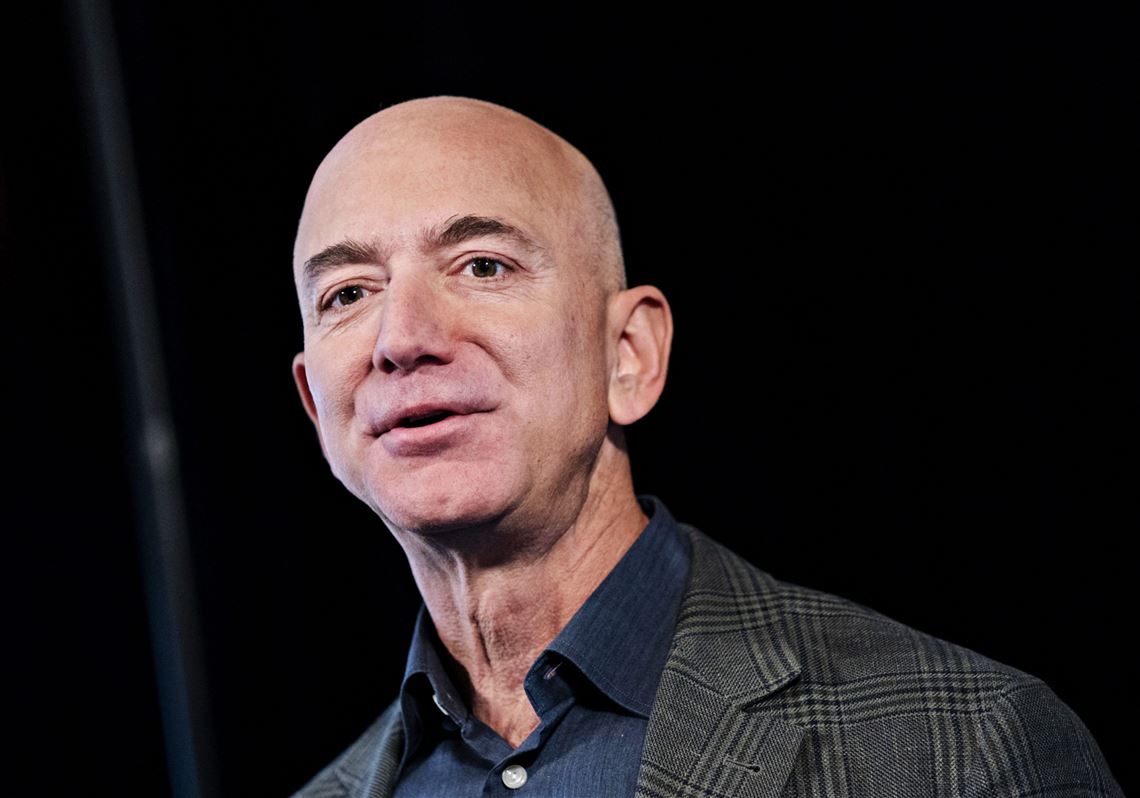For most Americans, 2020 has been one long, terrifying nightmare — with a raging pandemic that’s claimed more than 315,000 lives, a devastating economic crisis and a national reckoning on racial injustice. But it certainly hasn’t been equally disastrous for everyone.
If you thought the wealth gap between Ebenezer Scrooge and Bob Cratchit was vast in “A Christmas Carol,” the difference between the haves and have-nots in 2020 would be enough to make Charles Dickens’ head spin.
What would Dickens write about today’s America, where the total wealth gains of America’s 650 billionaires have surpassed $1 trillion since March? Where Jeff Bezos has seen his fortune increase by $72 billion during the pandemic, while Amazon faces intense criticism for failing to keep its workers safe even as thousands of them fall ill? Where billionaires have reportedly given less than a tenth of 1% of their wealth to COVID-19 pandemic relief?
Shamefully, as billionaires’ wealth continues to skyrocket, so have the number of Americans in unemployment lines, food banks and homeless shelters. This holiday season alone, tens of millions of people — 1 in 6 Americans (disproportionately from communities of color) — don’t have enough to eat.
As the pandemic hands windfall profits to the billionaire class, our nation’s charities, particularly those serving the disadvantaged, are running out of money. Without major investments, as many as 40% of nonprofits could close over the next year just as they’re needed to help rebuild communities most damaged by the pandemic and economic crises.
Racing to fill this gap, a group of 57 ultra-high-net-worth individuals (defined as those worth at least $30 million or the top 0.1%) and some of America’s most respected foundations and I launched the Crisis Charitable Commitment.
The idea is to set standards for the minimum level of annual giving from America’s wealthiest individuals and foundations so that more money can flow to organizations that can put those funds to work right away. Those who meet the benchmark would set a powerful example for what philanthropy should be doing in this time of national crisis.
The math is relatively simple. The wealthiest 0.1% have an estimated tax base of around $11 trillion, but give away only around 1% annually to charity. An additional $1 trillion is parked in private foundations (where only 5% annually has to go to charities) and donor-advised funds — for which wealthy contributors can enjoy tax benefits from both of as much as 74% (and even more in high-income-tax states like California).
The Crisis Charitable Commitment’s benchmarks aim to effectively double the average annual amount of charitable giving from these philanthropic sources. The formula, like wealth tax proposals at the federal and state levels, is based on asset brackets, with higher percentages in higher brackets.
For example, an individual with $500 million in assets should give a minimum of $13.25 million annually (donation levels rise significantly higher up the wealth ladder). A foundation with a $1-billion endowment should give $98 million — which is far more than the $50 million or the 5% of net asset value that foundations are required by law to spend annually.
Based on the Crisis Charitable Commitment formula, Jeff Bezos, who has a net worth of $187 billion, should be giving $9.1 billion this year. Elon Musk, worth $167 billion, should be giving $8.1 billion. Mark Zuckerberg, worth $105 billion, should be giving $5 billion.
Collectively, applying the CCC formula, these three would donate more than $22 billion in 2020. This would be a small share of their wealth, given that combined they’ve made an astronomical $267 billion during the pandemic. But it would undoubtedly make a huge difference to struggling charities.
Just ask the 500 beneficiaries of the extraordinary $5.8 billion in contributions made by MacKenzie Scott this year — $4.1 billion of which went to 384 organizations over the last four months. Ms. Scott is the rare billionaire who accelerated her giving during the pandemic.
It took visits on Christmas Eve from spirits of Christmas Past, Present and Future for Scrooge to face up to his moral responsibilities. But in 2020, not even the worst pandemic since 1918, the worst economic collapse since the Great Depression, or a country gripped with racial injustice and political discontent reminiscent of 1968 have yet compelled the nation’s billionaires to recognize their privilege and responsibility. It’s going to take public pressure from the American people.
The billionaires who have benefited most during the pandemic should be following Ms. Scott’s example. Meeting the reasonable benchmarks set forth in the Crisis Charitable Commitment would be one step toward changing philanthropic norms and getting more aid to Americans in need right now.
Alan S. Davis is a member of the Patriotic Millionaires, president of the Leonard and Sophie Davis Fund and founder of the Crisis Charitable Commitment. Distributed by Tribune Content Agency and first published in the Los Angeles Times.
First Published: January 3, 2021, 5:00 a.m.

